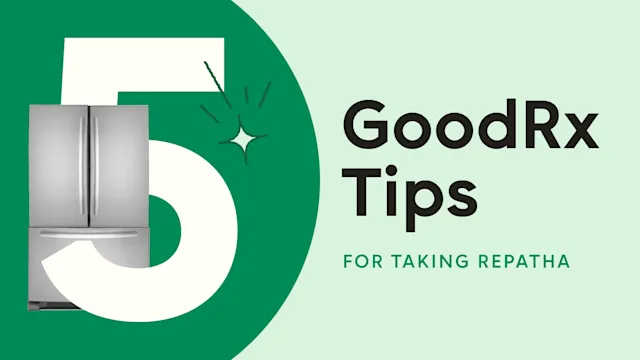Playing an active role in your treatment plan often leads to better results. For high cholesterol treatment, this may look like sticking to your medications, making heart-healthy lifestyle changes, and being honest with your doctor about your questions and concerns.
That said, it can be challenging to play an active role when you’re in the doctor’s office. Often, doctor visits are time-limited, which can make you feel rushed. Some people also get nervous when visiting the doctor, which may make it easy to forget important details or questions.
Why is high cholesterol treatment a team effort?
Of course, a sign of a good treatment plan is if your cholesterol numbers are improving — but that’s not all that matters.
A treatment plan may not be a good fit for you if:
It’s causing side effects that you can’t tolerate
You have trouble remembering to take it consistently
You find it too inconvenient
It’s out of your budget or not covered by your insurance
These are all valid concerns, and it’s up to you to bring them up in your doctor appointments. When you talk to your doctor about your wants, needs, and concerns, they will be better able to make informed recommendations for your treatment plan.
Plus, the best treatment plan is only effective if you’re taking it as prescribed. That means you should feel comfortable with your doctor’s instructions, even if you have to ask a lot of questions to get to that point.
What are tips for talking to my doctor about high cholesterol medications?
1. Know your options for high cholesterol treatment
It’s important to know that there are many options available to treat high cholesterol. This matters because if one option isn’t working for you, you aren’t “stuck” with it. Be honest with your doctor if you’re having issues with a certain medication: The doctor wants to help you to find a better fit.
2. Bring a pen and paper and create an action plan for the appointment
To make the most of your brief doctor visit, plan out what you want to talk about. This will not only help make the appointment more efficient, but it also reduces the chance of forgetting an important topic.
3. Write down your questions beforehand
Along with an action plan, you should also jot down your questions before the appointment. Getting answers to your questions is one of the most important ways you can participate in your care.
4. Bring a loved one for support
Bringing a friend or family member can have many benefits. A friend or family member may help you:
Feel less nervous
Remember important details or questions you meant to talk about
Process the information from your doctor
Take notes
Why should I feel optimistic about my high cholesterol treatment?
Starting a medication for high cholesterol may feel daunting. You might even feel discouraged or scared about your future heart health.
The good news is that detecting high cholesterol can empower you to intervene. Treatment for high cholesterol is often very effective for most people, and it may help reduce your risk of a heart attack or stroke down the line.
Dr. Haythe is a Cardiologist at Columbia University's Irving Medical Center.
References
Guglielmi, V., et al. (2017). Effectiveness of adherence to lipid lowering therapy on LDL-cholesterol in patients with very high cardiovascular risk: a real-world evidence study in primary care. Atherosclerosis.
Menichetti, J., et al. (2016). Giving patients a starring role in their own care: a bibliometric analysis of the on-going literature debate. Health Expectations.
Office of Disease Prevention and Health Promotion. (2024). Support a loved one at the doctor: quick tips.

Why trust our experts?














